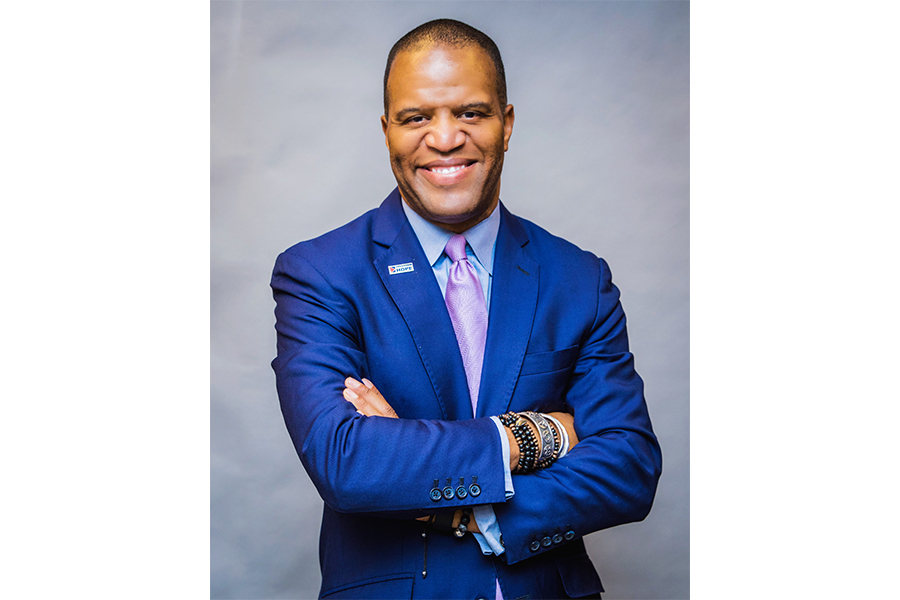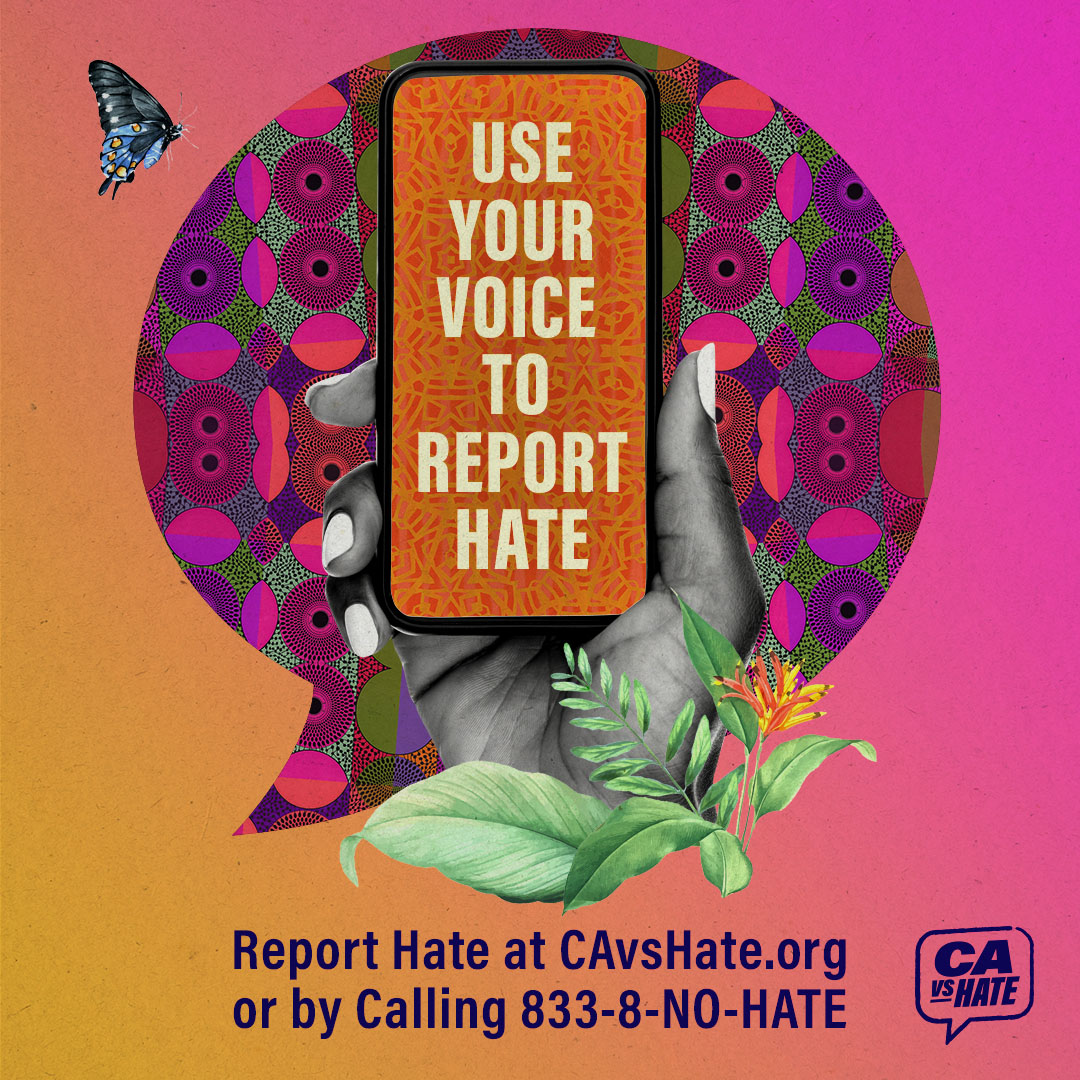The federal government has “$100 billion plus sitting there right now” for small businesses during the COVID-19 pandemic.
By Blake Carter
Many small Black-owned businesses had difficulties in securing loans and grants from the Small Business Administration’s (SBA) COVID-19 pandemic funds. One of many issues is that most Black-owned businesses are sole proprietors which do not have a finance department or strong relationships with banks.
“Ninety-six percent of Black businesses don’t have any employees,” said John Hope Bryant, founder of Operation Hope. “That means that they probably don’t have any infrastructure. They don’t have a business office. Their books and records are probably not tight. We’re good at busyness. Which is being the plumber, the electrician, or the graphic designer. But we’re not so good at the business management side.”
Bryant said that “there’s $100 billion plus sitting there right now” in the SBA’s COVID-19 pandemic fund.
“When was the last time that the federal government gave you money?” Bryant said. “Or anybody for that matter gave you $10,000, or $1,000? Go and get your money. Apply for these things. Most businesses, churches, and non-profits qualify for at least $10,000 in federal support in which in some cases you do not have to pay back. There’s no credit scores or nothing like that.”
Operation Hope is filling in the financial gaps for small businesses who do not have finance departments or business savvy executives.
“Operation Hope will become your business manager,” Bryant said. “Not only will we help you get your money through the CARES Act, through our Hope Inside coaches we’ll help you restructure your mortgage, modify your credit cards, re-negotiate your student loans, talk to your landlord.”
Operation Hope is a non-profit organization that assists small businesses and entrepreneurs free of charge. Bryant is from South Los Angeles, and his parents owned residential apartments and a gas station on Normandie Avenue and Vernon Avenue. Unfortunately, his parents lost those properties because of poor management, which led him to become financially literate.
“My dad died dead broke even though he was a business owner for 54 years,” Bryant said. “He didn’t understand the lessons that I teach. My mother has since bought and sold several homes, and she’s is now financially independent with a credit score over 850. Everything that I teach people to do is based on mistakes that my family made.”
Operation Hope has helped local business owners. Ryan Taylor, who co-owns the cigar lounge Drobes Stogies in Inglewood, is a suit maker who benefited from business loans and advice that he received from Operation Hope.
“John kind of took me under his wing,” Taylor said.
Before opening the cigar lounge, Taylor was a suit maker who was trying to get his business off the ground. In the early 2000s, Operation Hope helped him secure a $10,000 loan. After repaying the loan, Operation Hope was able to help Taylor secure a $30,000 loan.
“Through their resources in banking, one of the banks took a risk on me,” Taylor said.
Taylor’s relationship with Bryant led to a feature on CNN, which ran nation wide.
“We blew up,” Taylor said. “We got so many calls. I opened up an office and we were rolling.”
For assistance with short-term COVID-19 and also long-term financing, contact Operation Hope at 888-388-HOPE and visit their website at www.operationhope.org.











